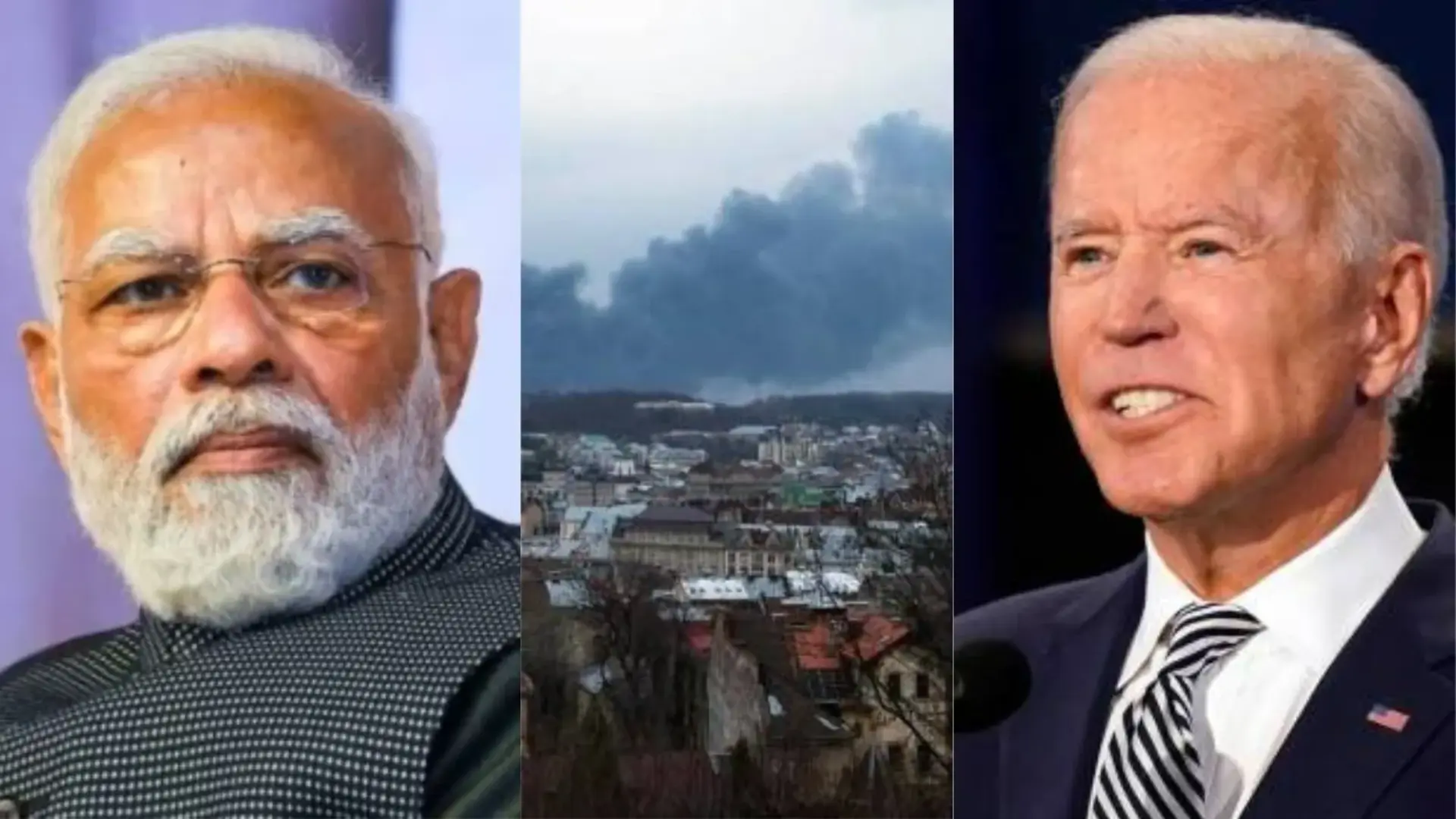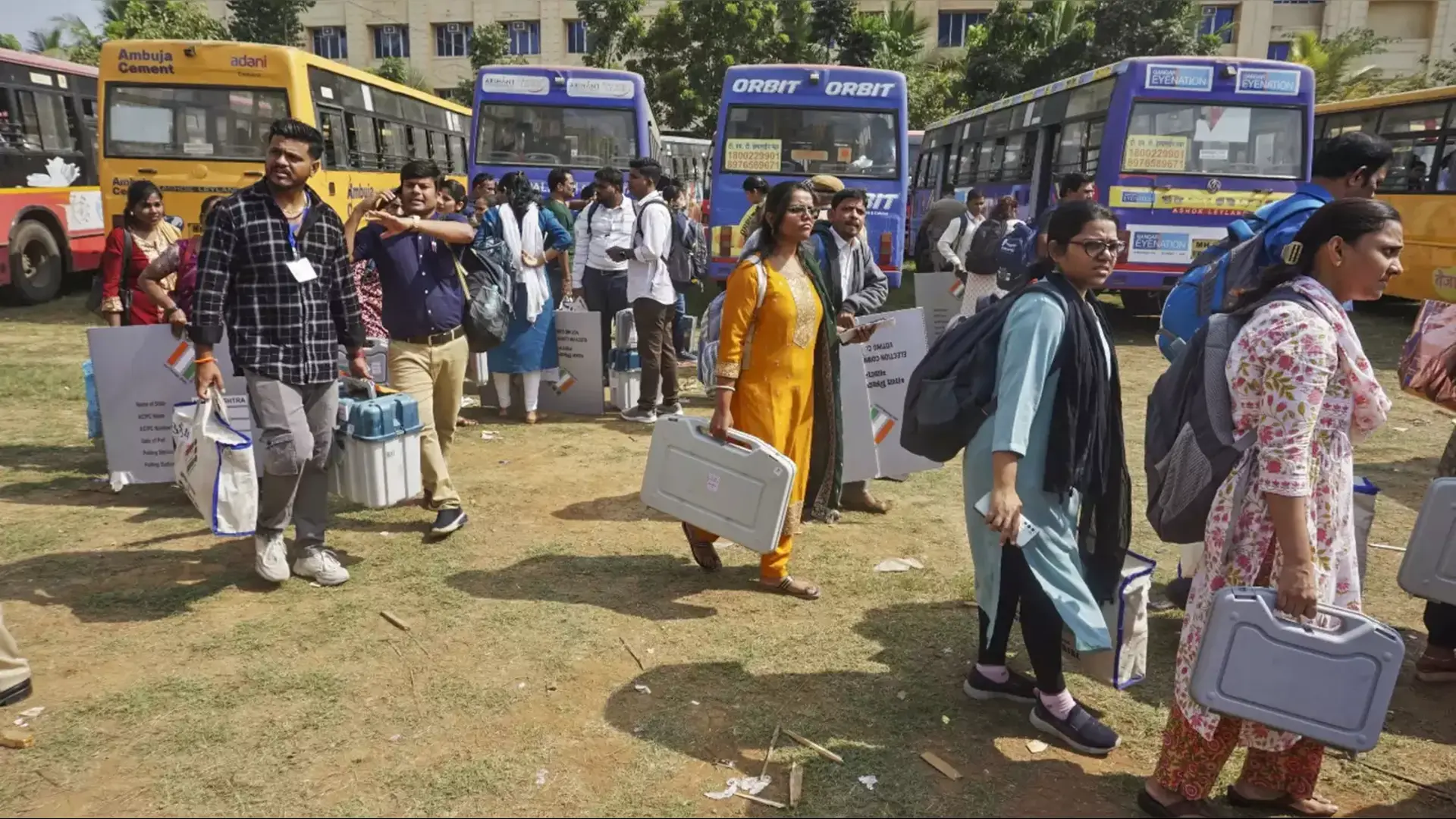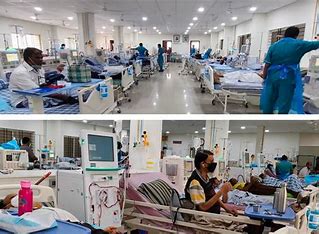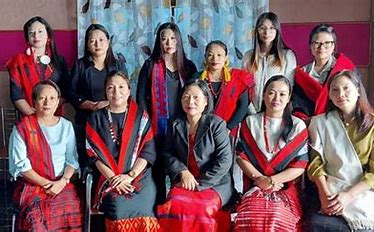
For the first time, the Constable (General Duty) examination for recruitment of constables in the Central Armed Police Forces (CAPFs) will be conducted in 13 regional languages in addition to Hindi and English, Ministry of Home Affairs (MHA) said on Sunday.
The move is aimed at increasing among the candidates in the entire country an equal employment opportunity.
The examination will be conducted from February 20 to March 7, 2024, for around 48 lakh candidates in 128 cities across the country.
In addition to Hindi and English, the question papers of the Constable (General Duty) examination will now be prepared in Assamese, Bengali, Gujarati, Marathi, Malayalam, Kannada, Tamil, Telugu, Odia, Urdu, Punjabi, Manipuri and Konkani.
This historic decision has been taken on the initiative of Union Home Minister Amit Shah to increase the participation of local youth in the Central Armed Police Forces and to promote regional languages.
The Ministry said it decided to conduct the Constable (General Duty) examination for recruitment in CAPFs in 13 regional languages in addition to Hindi and English from January 1, 2024, under the leadership of Prime Minister Narendra Modi and the guidance of Union Home Minister.
The Constable GD examination is one of the flagship examinations conducted by the Staff Selection Commission (SSC) attracting lakhs of youths from across the country. Therefore, the MHA and Staff Selection Commission have signed a Memorandum of Understanding (MoU) to facilitate the conduct of the examination in the above-mentioned 13 regional languages in addition to Hindi and English.
Accordingly, SSC has issued a notification to conduct the Constable (GD) Examination, in 2024 in 13 other regional languages in addition to English and Hindi.
“The decision will result in lakhs of youth taking part in the examination in their mother tongue and regional language and improve their selection prospects. As a result, the reach of this examination will increase among the candidates in the entire country and everyone will get an equal employment opportunity,” said the MHA.















